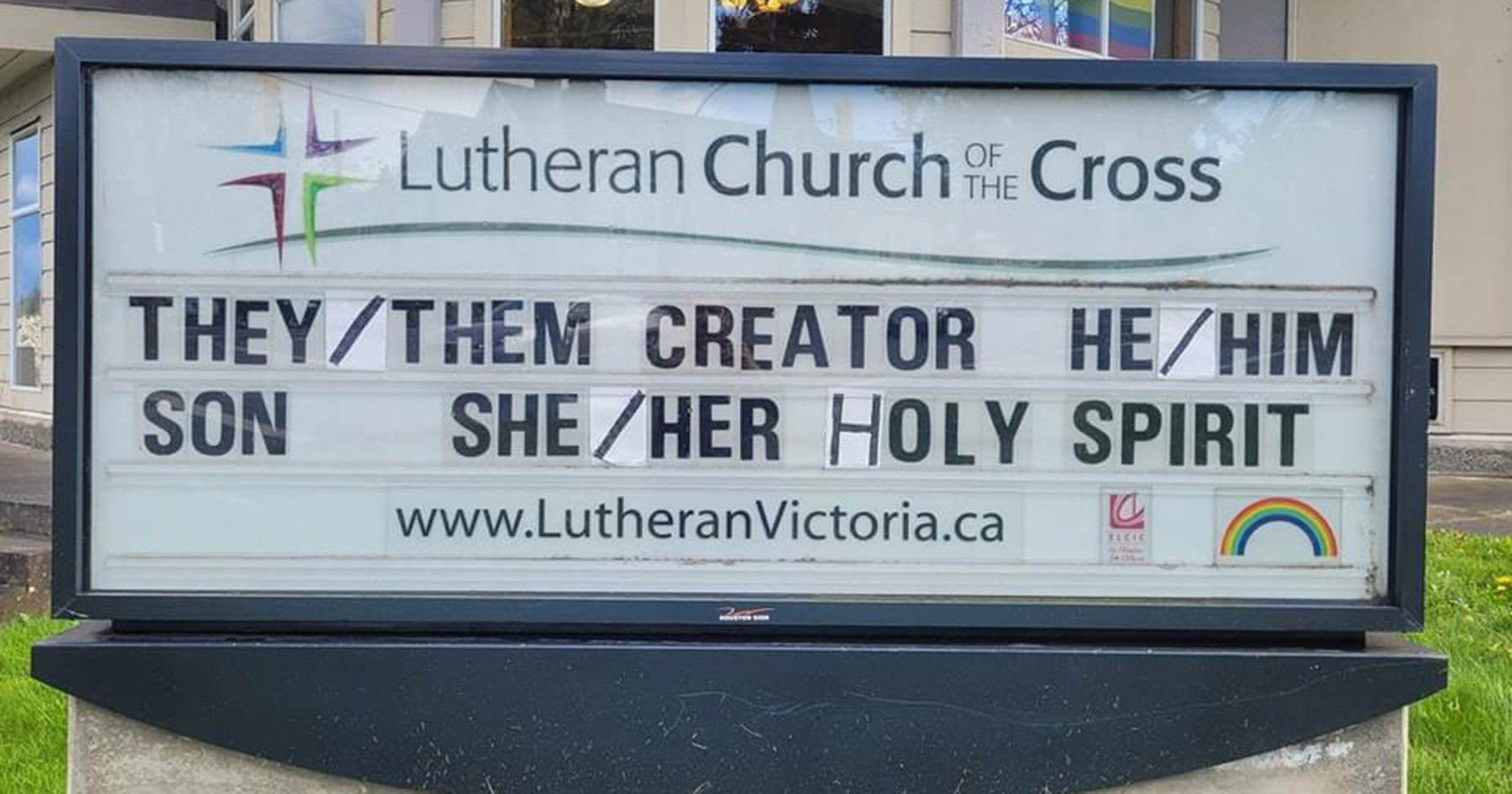Those of us in churches often find ourselves asking how we can become more queer-affirming and anti-racist. To put it another way, maybe we need to ask a more basic question — as churches do we deserve queer and racialized people joining us?
The short answer is “no.” We should not demand anything from marginalized groups of people, who historically we have ostracized from church spaces and too often left with trauma, and made to feel abandoned and broken. For many queer and racialized people, the thought of entering a church door is too much to bear. Many of those folks are never coming back, which should hardly come as a surprise.
However, what is surprising is that a considerable number of queer and racialized people are actively searching for a church to call home, fully knowing such spaces are not often overtly welcoming spaces for them. We should stop taking them for granted. What a gift it is for us to celebrate and receive the gifts of queer and racialized people. They deserve church homes in which they are spiritually nourished.

One shortcoming is that many of our congregations are ill-prepared fully to welcome marginalized people. Too often we come up short with “all are welcome” statements in our bulletins and websites. Perhaps we hang a rainbow flag in a church space or display it online and think that is enough. But we need to ask ourselves what concrete actions are we currently undertaking to make life better for queer and racialized people in our churches right now? It’s great that many of our congregations have already produced queer-affirming statements some years ago or are considering to do so. Regardless of where we are at on this journey, it is important for us to be building an ongoing relationship with queer and racialized people.
For example, if we haven’t reached out to a family member or friend for over 10 years or never at all, we can’t necessarily claim to have a close relationship with them. Like any relationship, there needs to be a willingness to listen and be attentive to the needs of the other. We need to keep building relationships in ways that make people feel loved and valued. That requires work and an ongoing commitment as a community.
Sometimes when we hold conversations about centering marginalized people in Christian spaces, it comes out that many of them feel unwelcome or sidelined. These sentiments reveal a deeper problem. Collectively as Christians, we’re not always great at building people up. Making small talk, building relationships, making people feel valued — all requires practice. Rather than create a false dichotomy between welcoming marginalized and non-marginalized people, we can do both at the same time. Jesus’s gospel of love is big enough to include us all.
It’s also illustrative of liberation movements that when queer and racialized people gain further rights, other groups of people will benefit as well. The fight for civil rights in the 1960s — in part a Christian movement — paved the way for disability rights, for example. So too, the better we become at valuing queer and BIPOC siblings in Christ, the better we become at loving our neighbour. Rather than fear the pie of grace isn’t big enough, let us instead celebrate the way Christ extends the table for all to dine at the heavenly banquet.
—————————————————————-
This an opinion piece by Lyndon Sayers, a pastor at Lutheran Church of the Cross, Victoria. Although not technically part of the Diocese of British Columbia, Evangelical Lutheran Church in Canada (ELCIC) is part of our church family due to our full communion relationship.
Opinions expressed in this article are those of the author and do not necessarily reflect the views of the Anglican Diocese of Islands and Inlets.



